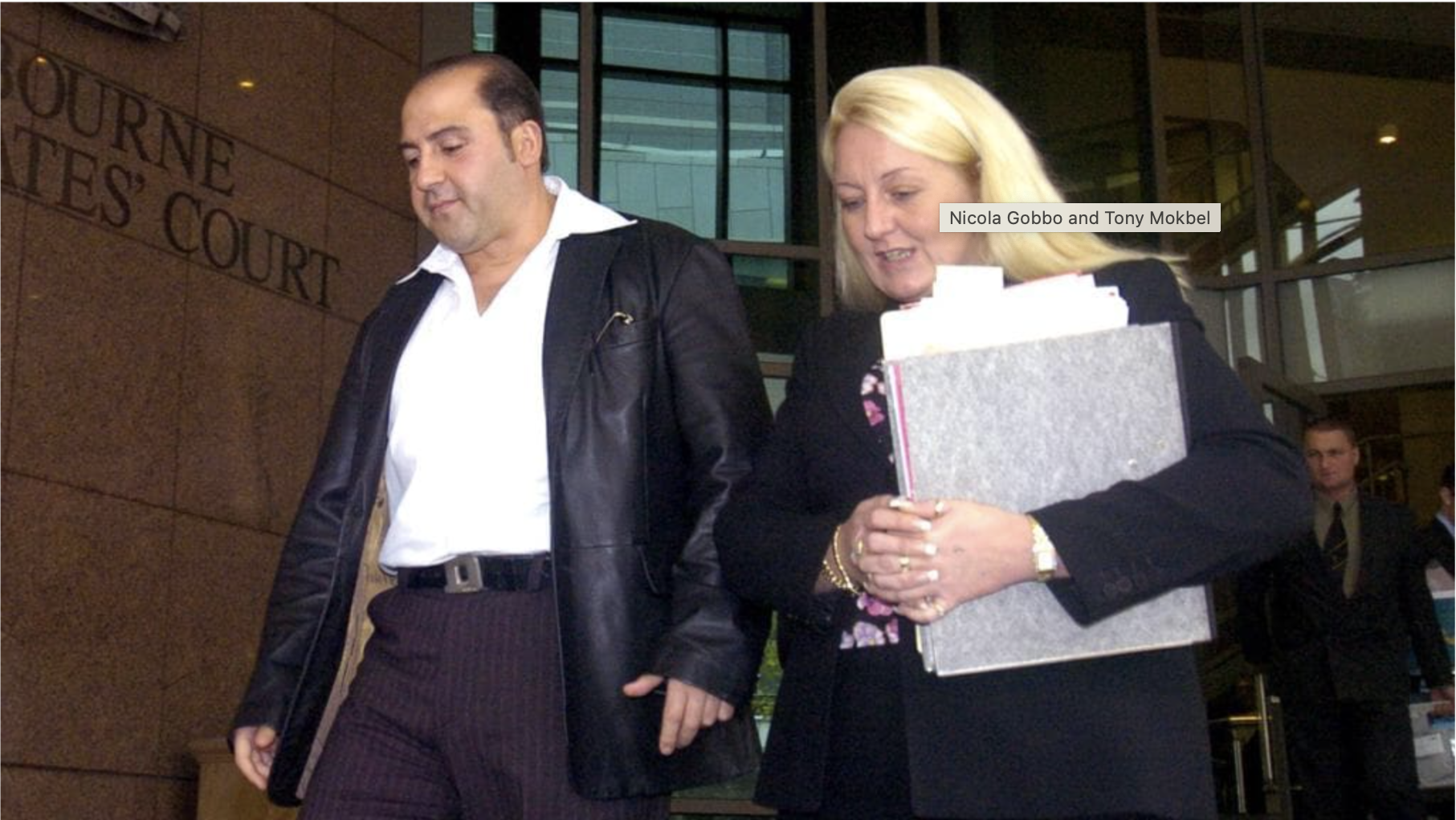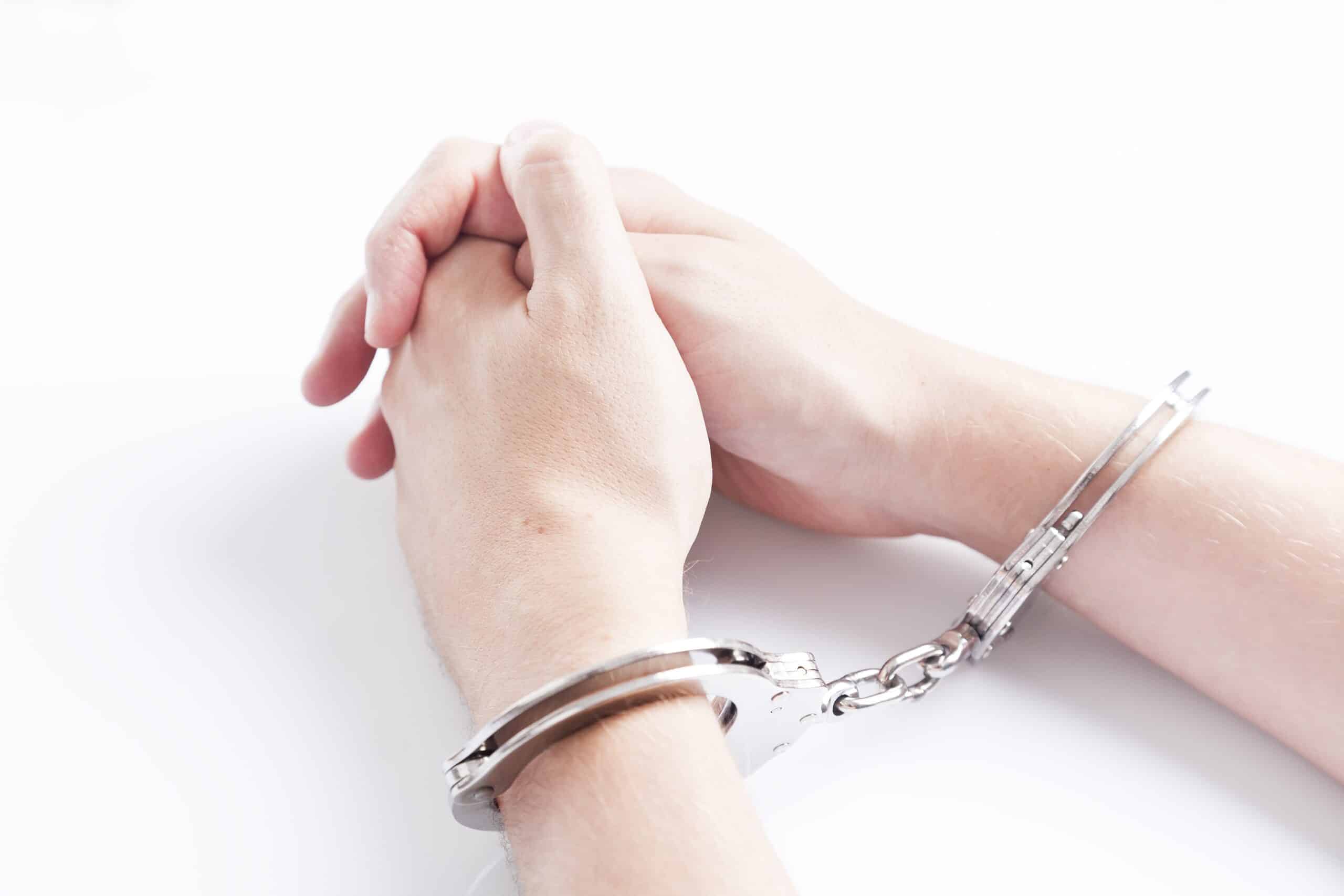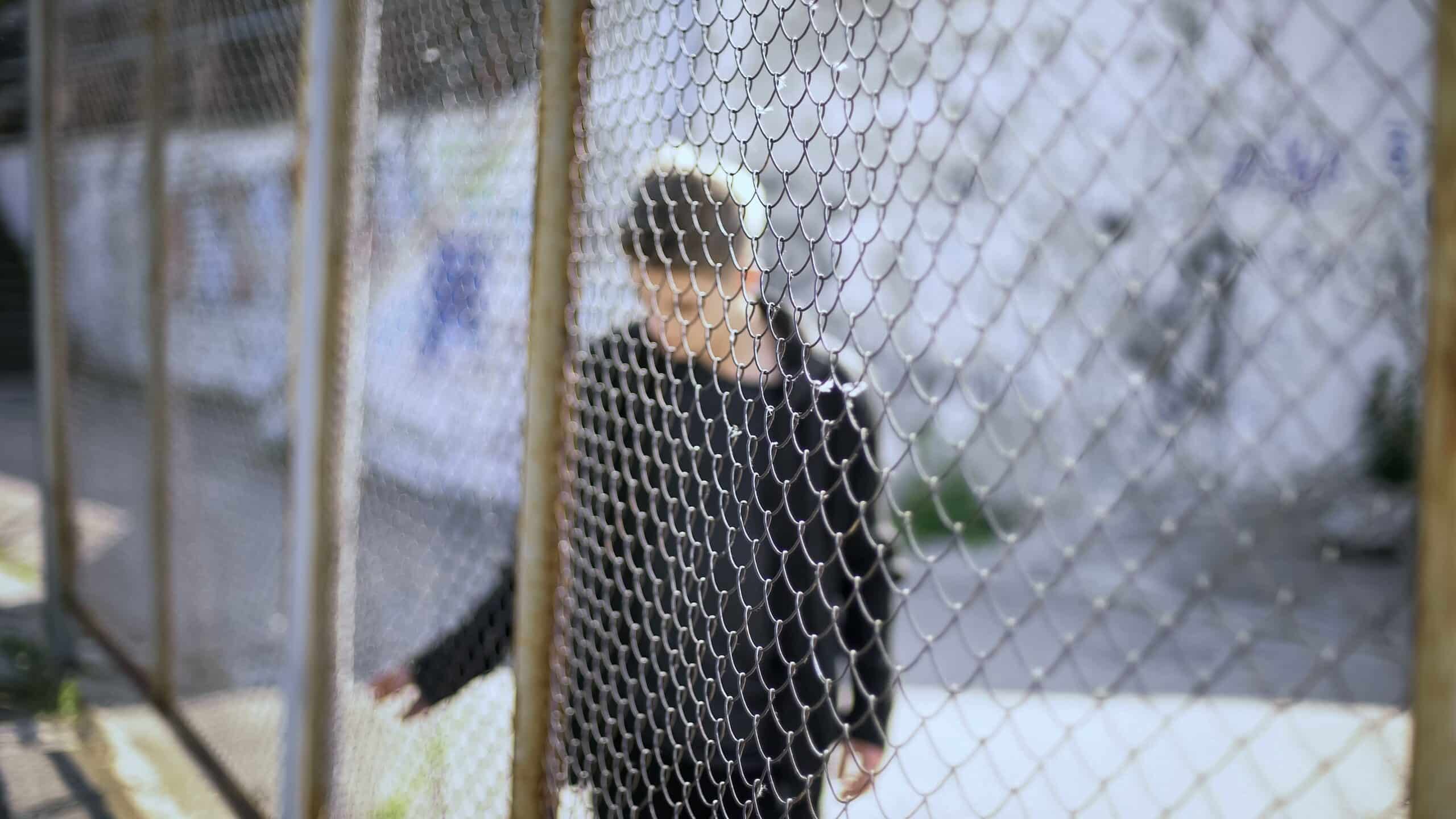Share This Article
Poppy Morandin and Jimmy Singh.
The fallout of the ‘Lawyer X’ scandal has resulted in gangland figure Tony Mokbel’s conviction being overturned by Victoria’s Court of Appeal.
Due to the influence of barrister Nicola Gobbo providing information to police, whilst representing Mokbel, the court decided that the conviction should be set aside.
Whilst Mokbel’s conviction for importing a commercial quantity of cocaine in 2000 has thus been quashed, he remains in prison for other drug offences.
The Commonwealth Director of Public Prosecutions has determined that it will not pursue a retrial, as he has already served the 12-year sentence he was given for cocaine importation charges.
However, Justice Chris Maxwell, who along with Justice David Beach, was responsible for the quashing, asserted that: “we reserve for further consideration, the question of whether following that quashing, there should be an order for retrial or an order for a verdict of acquittal be entered.”
The Victorian Office of Public Prosecutions has stated that it will fight the appeals against Mokbel’s convictions for three State matters.
Mokbel’s lawyer is aiming to overturn his other convictions as a result of operations codenamed Quills, Orbital and Magnum, due to Ms Gobbo’s alleged involvement.
“We will not be conceding the appeal in relation to the three matters the State prosecuted in which Mokbel pleaded guilty,” a spokeswoman for the ODPP said.
Regarding those matters, it is reported that Mokbel’s lawyers and the Victorian Director of Public Prosecutions are locked in negotiations over the provision of information, with another hearing set to be held at the end of January.
In March 2006, Mokbel fled the country before he was supposed to return to custody, in anticipation of the jury’s verdict regarding the drug importation charges in Australia.
In his absence, he was convicted and sentenced to a nine-year minimum sentence with a 12-year maximum for importing three kilograms of cocaine in candles from Mexico, before he was arrested in Greece and extradited back to Australia in May 2008.
In 2012, he was sentenced to a maximum 30 years in prison after pleading guilty to three charges of large-scale drug trafficking arising from the Orbital, Magnum and Quills operations.
Mokbel was infamously associated with Melbourne’s ‘Gangland War’ which occurred between 1998 and 2006, resulting in 27 deaths.
The period was depicted in the first season of the popular Australian TV series ‘Underbelly’.
Gobbo was closely associated with influential figures of the ‘war’, even attending underworld killer Carl Williams’ daughter’s christening in 2003.
Between 16 September 2005, and 21March 21 2006, Ms Gobbo was acting as a police informer and representing Mokbel.
Ms Gobbo was the focus of a Royal Commission into the Management of Police Informants, due to Victoria Police’s use of her as a human source.
“Those who have been the subject of this disgraceful behaviour by Ms Gobbo and by those who facilitated her work, they have an obligation by virtue of the impact on criminal justice to ensure that we, deciding the effect of those activities, have the full picture.” commented Justice Maxwell.
“These are matters of profound importance.” he continued.
It is reported that almost 1,297 people could have had their cases tainted due to Gobbo’s role as a police informant.
“Ms Gobbo’s actions in purporting to act as counsel for the Convicted Persons while covertly informing against them were fundamental and appalling breaches of her obligations as counsel to her clients and of her duties to the court.” stated the High Court.
“Likewise, Victoria Police were guilty of reprehensible conduct in knowingly encouraging Ms Gobbo to do as she did and were involved in sanctioning atrocious breaches of the sworn duty of every police officer to discharge all duties imposed on them faithfully and according to law without favour or affection, malice or ill-will. As a result, the prosecution of each Convicted Person was corrupted in a manner which debased fundamental premises of the criminal justice system.” they continued.
‘Legal professional privilege’, or client legal privilege, is a right that exists in order to protect the administration of justice and the right of individuals interacting with the justice system.
It protects legal advice provided by a lawyer to their client, and communications related to court proceedings or litigation.
Client legal privilege ensures that clients are able to communicate freely with their lawyer, without fearing that disclosing certain information may cause detriment to their matter.
Have a question? Call our criminal lawyers Parramatta branch today.
Client Legal Privilege Laws
For lawyers and their clients, unless the client consents, evidence is not to be disclosed by way of adducing it in court if the evidence is confidential communication made between client and a lawyer, for the dominant purpose of the lawyer providing legal advice to the client.
This is reflected in section 118 of the Evidence Act 1995 (NSW).
The same applies in respect of confidential communication made between two or more lawyers acting for the client, or the contents of a confidential document (whether delivered or not) prepared by the client, lawyer and another person.
Section 119 has similar protection. It prohibits evidence from being adduced if, on objection by a client, it would result in disclosure of confidential communication between the client and another person, or between a lawyer acting for the client and another person, or the contents of a confidential document that was prepared (whether delivered or not), for the dominant purpose of the client being provided with professional legal services relating to an Australian or overseas proceeding, or an anticipated or pending proceeding, in which the client is (or may be or was or might have been) a party.
Exceptions to the Client Legal Privilege Rule
The Evidence Act outlines situations in which ‘client legal privilege’ does not apply to the admissibility of evidence in court proceedings. This means, client legal privilege is waived if any of the following apply:
- Where the client has died, or where the non-disclosure of the evidence would prevent the enforcement of a court order (section 121),
- Where the client waives privilege, or consents to the lawyer disclosing information or producing materials, or where the client acts in a manner inconsistent with maintaining the privilege (section 122). i.e. if the client discloses it to another person.
- Where a defendant is giving evidence in criminal proceedings, being evidence of a confidential communication between as associated defendant and a lawyer acting for that person in connection with the prosecution of that person, or the contents of a confidential document prepared by an associated defendant or by a lawyer acting for that person in connection with the prosecution of that person. (section 123)
- Where a communication is made or contents of a document prepared by a client or lawyer (or both, (or a party who’s not represented in the proceeding by a lawyer) in furtherance of the commission of a fraud or an offence or the commission of an act that renders a person liable to a civil penalty. (section 125)
- Where communication or contents of a document that the lawyer or client (or both), or the party, knew or ought reasonably to have known was made or prepared in furtherance of a deliberate abuse of a power. (section 125)
- Certain information considered reasonably necessary to enable a proper understanding of the communication or document referred to above. (section 126)
Section 117(1) of the Evidence Acts 1995 (NSW) defines ‘confidential communication’ as one where the person who made it, or the person to whom it was made, was made in such circumstances that he/she was under an express or implied obligation to not to disclose its contents.
The section also defines a ‘confidential document’ as one which was prepared in circumstances that, when it was prepared by the person, or the person for whom it was prepared, he/she was under an express or implied obligation not to disclose its contents.









